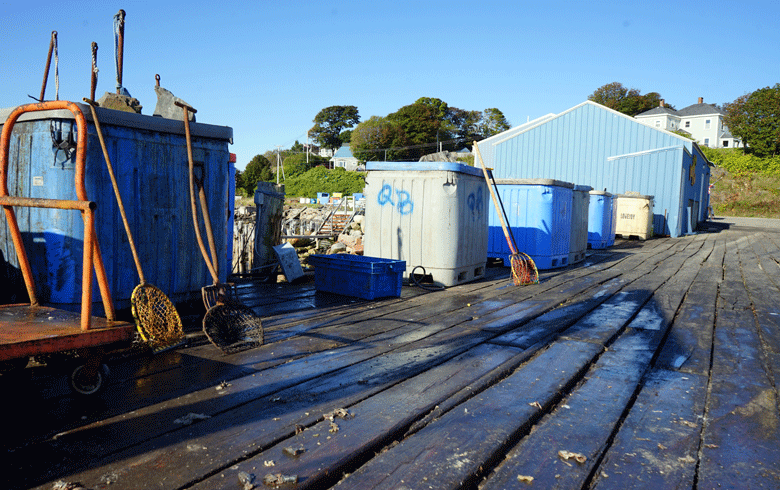The Maine Business School at the University of Maine will launch a graduate education and collaborative research initiative to support Maine’s marine economy with the help of a $50,000 award from the William Procter Scientific Innovation Fund.
Together with UMaine’s Darling Marine Center, the Maine Business School is launching the UMaine Blue Economy Program where students, faculty, and industry and community partners will work together to conduct research, product development, and commercialization related to Maine’s marine economy.
“UMaine is proud to launch this pilot program that reflects William Procter’s legacy as a businessman, entrepreneur, and scientist,” said Maine Business School dean Faye Gilbert.
UMaine MBA students and faculty will work in collaboration with researchers at the Darling Marine Center on the Damariscotta River in Walpole to gain the experience and skills to contribute to this rapidly developing sector.
The grant will support an MBA graduate assistant, who will collaborate with DMC director Heather Leslie, as well as MBA student interns and a faculty externship.
More than 10,000 people are directly engaged in the harvest and farming of seafood in Maine…
“The UMaine Blue Economy Program builds on more than 55 years of creative collaboration at the Darling Marine Center among scientists, entrepreneurs and other professionals,” said Leslie. “It will enable us to deepen partnerships among science and business experts while enhancing UMaine’s contributions to fisheries, aquaculture, and other working waterfront-dependent industries of the state.”
More than 10,000 people are directly engaged in the harvest and farming of seafood in Maine, according to information from the Maine Department of Marine Resources. Hundreds of new jobs related to aquaculture alone are projected to result in the next decade due to the growth of established farms and new development.
Anticipated growth in the ocean renewable energy sector and emerging development trends in Maine coastal counties suggest the workforce, technical, and scientific needs to sustain the blue economy will continue to grow.
“The UMaine Blue Economy Program pilot is a leading example of how UMaine’s MBA curriculum is quickly moving toward cross-disciplinary, experiential learning and market-driven programs to drive real change in Maine’s economy and beyond,” says Norm O’Reilly, recently appointed dean of the UMaine Graduate School of Business. “This is the type of program that is well aligned with the mission of the University of Maine Graduate & Professional Center; we see aquaculture in particular as an area of high interest in the future.”
The Maine MBA has seen a 300 percent increase in enrollment since 2016, is accredited by AACSB, and ranked by U.S. News and World Report, Fortune and CEO Magazine.
Founded in 1965, the Darling Marine Center’s mission is to connect people to the ocean. The center’s researchers, staff, and students work alongside fishermen, aquaculture entrepreneurs, marine industry professionals, and other members of the community in Maine and around the world. More information is available at dmc.umaine.edu.





